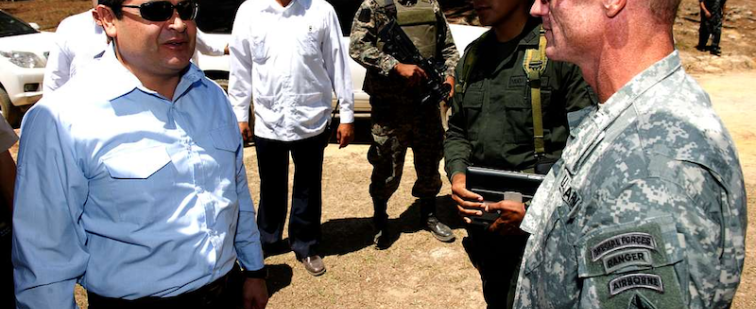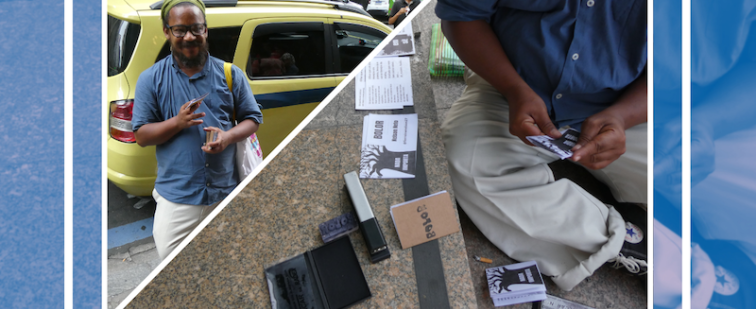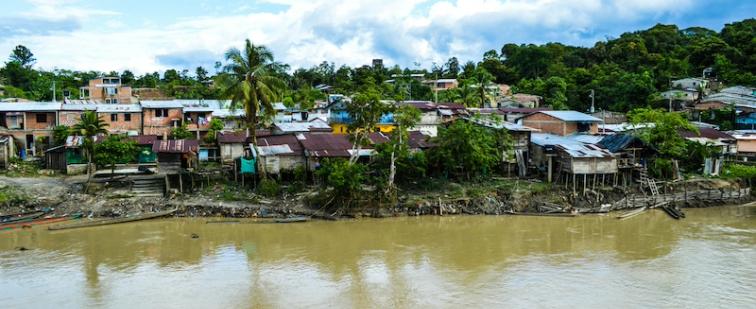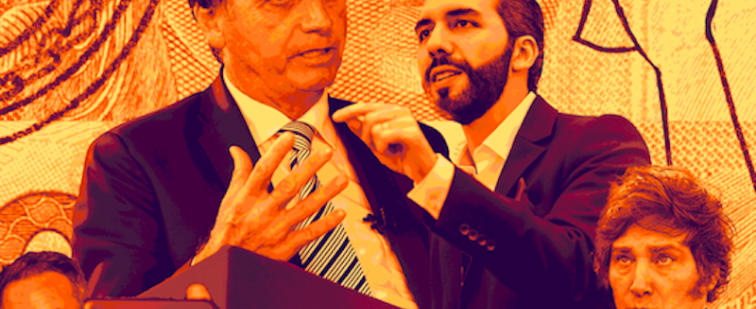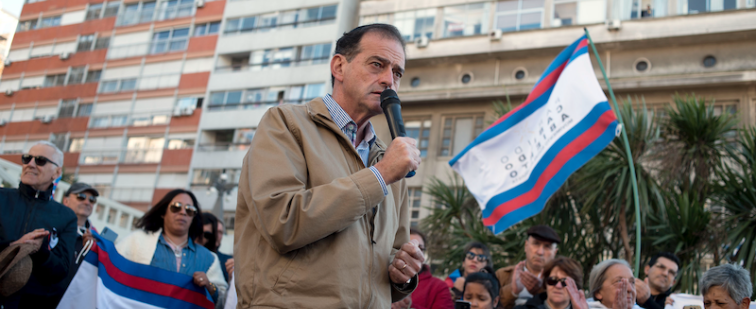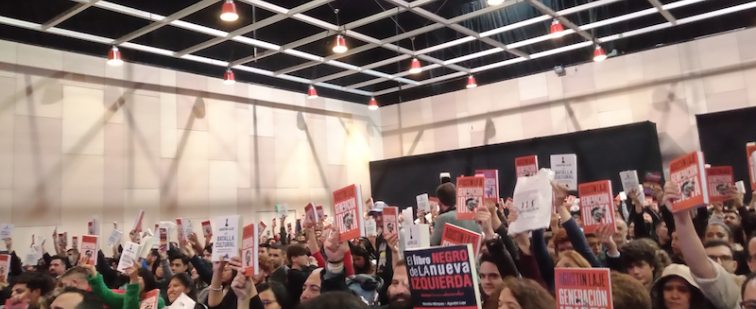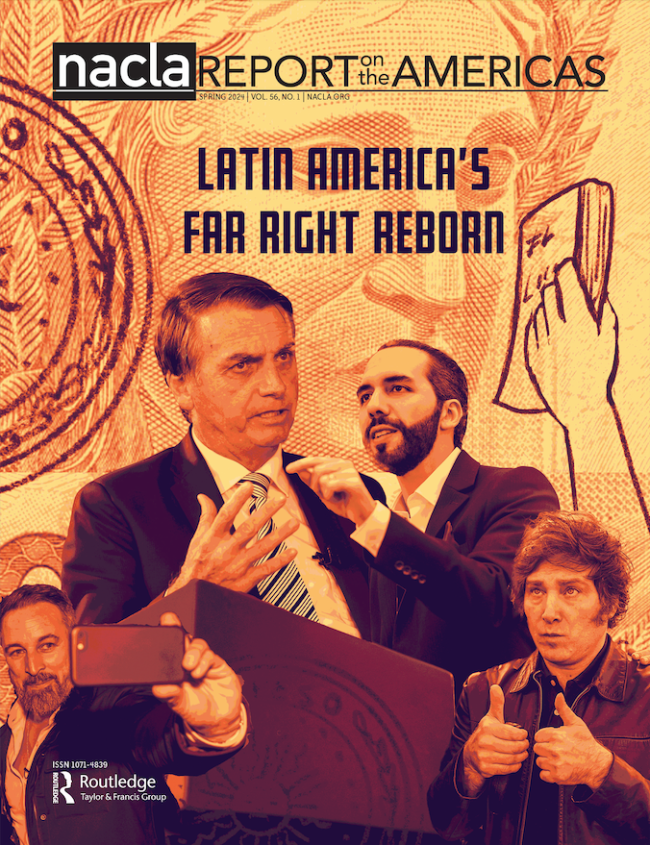Home
Mexico's Supreme Court has upheld the constitutionality of a legal reform that limits the amount of information the federal Attorney General's Office (PGR) must hand over to the government's National Human Rights Commission (CNDH). The CNDH argues that the new law impedes its access to evidence with investigations into PGR officials, especially from the Federal Ministerial Police, who have allegedly committed many human rights abuses in the war on drugs. Washington, however, has taken very little notice of this lack of "transparency and accountability," even though it is one of the human rights conditions included in the Merida Initiative.
In March, Brazilian president Luiz Inácio Lula Da Silva controversially called for an end to the hunger strike by Cuban dissident and political prisoner Guillermo Fariñas, asking him and other prisoners to respect the course of justice in Cuba. Lula's detractors decry his comments as proof of a weak commitment to human rights and promotion of democracy abroad. But despite the clumsy public justification, Lula’s position on the Fariñas affair is underpinned by a no-nonsense pragmatism that has converted Brazil into Latin America’s new heavyweight.
Since taking office in 2006, Peruvian President Alan Garcia has initiated an aggressive economic development strategy focused on opening up Peru’s natural resources to international extraction corporations, often in the face of large-scale protests and organized campaigns. The administration has responded with efforts designed to criminalize the opposition’s actions via newly enacted legislation, while simultaneously beefing up the country’s private security sector and authorizing the wider deployment of Peru’s military forces. The government has coupled these efforts with an aggressive propaganda campaign that links protestors to armed groups as a justification for increasing the national security presence in regions that are attractive to foreign investors.
February and March have been especially brutal months in the state-sponsored repression of the popular resistance in Honduras. In just the past two weeks, three journalists have been assassinated and numerous activists have been detained, tortured, and raped. This repression comes in as the National Front of Popular Resistance Front (FNRP) pushes for the organization of a national constitutional assembly to “refound” Honduras, while the United States, international lending institutions, and countries participating in the regional economic development plan known as the Plan Puebla Panama extend recognition to government of President Porfirio Lobo, restoring loans, and renewing plans for economic and security integration.
On March 7, NACLA Research Associate Jason Tockman interviewed Pablo Solón, Bolivia's ambassador to the United Nations. Solón brought his unique combination of both grass-roots economic-justice activism and his more recent official background under the Evo Morales administration to the interview. With this broad experience he takes on myriad topics, stressing that Latin America is finally moving away from the claws of the Monroe Doctrine, and beginning to define its own future, despite what happened in Honduras. This has had a direct impact on Bolivia as it continues to move forward with its own particular challenges.
Since the year began, Argentina’s president Cristina Fernández de Kirchner and the country’s central bank have been in a serious row over the use of the bank’s strategic reserves. The conflict began when Fernández asked the bank for more than $6 billion of reserves to create a Bicentennial Fund meant to pay down the national debt and restore Argentina’s credibility in international financial markets. But political opponents of all ideologies have cried foul. Central bank reserves, they have argued, are not meant for paying down sovereign debt.
After January's earthquake in Haiti, the U.S. Department of Homeland Security immediately implemented a mass migration plan to manage any influx of refugees coming from the country. Coast Guard spokesperson Lt. Chris O'Neil said that "The goal is to interdict them at sea and repatriate them." O’Neil’s declaration reflects the same much-criticized immigration policy that the United States has implemented toward Haiti for dozens of years, a strategy that often corrals the blowback of a long history of U.S. meddling in Haitian internal affairs—both politically and economically. This blowback could be even more explosive now with 1.2 million homeless Haitians living in the squalor of tent cities.
Two weeks ago, leaders of all the governments of Latin America and the Caribbean (save the coup-installed president of Honduras) concluded a three-day “summit” on Mexico’s Maya Riviera with a majority commitment to move toward the formation of a new hemispheric organization, tentatively called the Community of Latin American and Caribbean States. The proposed organization, which would exclude the United States and Canada, would promote South-South political economic relations as a springboard to development. Six years ago, NACLA published an essay by economist Keith Nurse calling for a similar strategy. We re-publish it here as essential background for an understanding of the new commitment to a strengthening South-South relations in the Americas.
This article originally appeared in the November/December 2003 edition of NACLA Report on the Americas.
Despite Brazil’s reputation as an emerging economic powerhouse, it remains deeply troubled by challenges that threaten its long-term stability and its prospects for becoming a viable leader of the Global South. Questions of land and wealth distribution, extreme poverty, rampant violence and crime, public corruption, and environmental degradation are a few of the most pressing challenges facing the country during an important election year.
In its first year, the Obama administration has embraced and even extended its predecessors’ militaristic counter-narcotics policies in the Americas. In doing so, it has also adopted the basic tenets and priorities that have shaped U.S. drug control policies for decades. Until the administration pays attention to the structural origins of the drug war, as well as the profound international dependencies upon which it has always rested, it will be fated to continue pursuing a destructive, and failed, policy.
This article originally appeared in the January/February 2010 edition of NACLA Report on the Americas.

